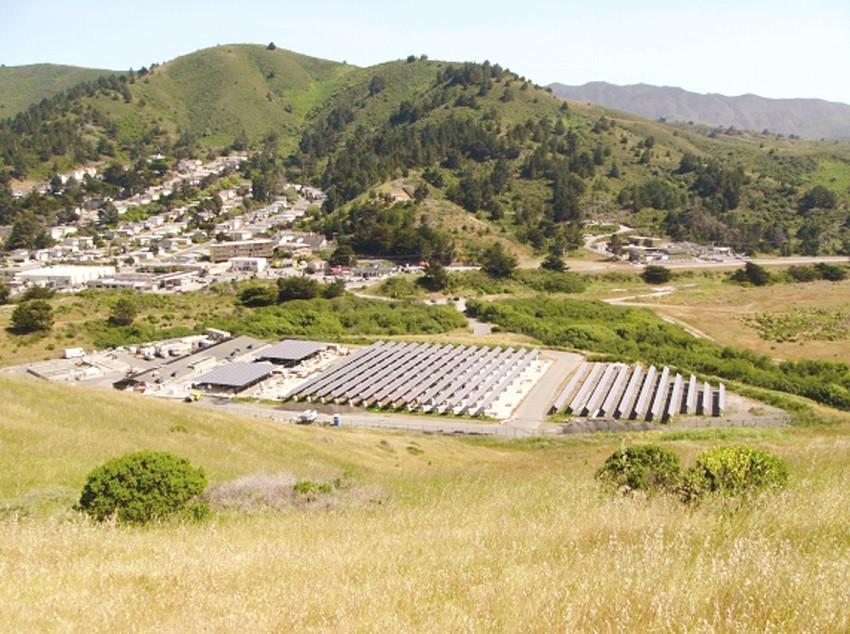‘Solar is key in reducing Turkish gas imports'
ISTANBUL

Turkey’s installed solar power capacity stands at some 6,000 megawatts, but this capacity is expected to surpass 10,000 megawatts this year.
Solar energy is a key energy source to mitigate the high costs of Turkey’s imported gas, according to the head of the Turkish Solar Energy Industry Association, GENSED, Halil Demirdağ.
One thousand megawatts (MW) of installed capacity in solar energy will prevent $110 million worth of imported natural gas, Demirdağ told in an interview with Anadolu Agency.
Turkey is a major solar energy player due to the country’s abundance of solar energy.
“In solar energy installed capacity, Turkey’s share in the world has reached 1 percent. Turkey is very lucky in terms of geography when it comes to solar energy,” he said.
Turkey, which is highly dependent on natural gas for its domestic energy consumption, imported a total 50.36 billion cubic meters of gas in 2018.
These import costs are seen as substantial on the country’s energy budget, and therefore, the country is focusing heavily on renewable energy investments, he said.
He explained that investments in renewables and solar in particular have lower financial costs, the results of which will see greater installed capacity in Turkey.
Turkey’s current installed solar capacity is around 6,000 MW, but Demirdağ believes this will surpass 10,000 MW this year.
Global installed capacity in solar energy has recently surpassed 500,000 MW, more than 80 percent of which came in the last five years, Demirdağ noted.
In China, considered the world’s biggest solar panel manufacturers with a 90 percent share, the coronavirus outbreak has had an impact on solar production and its supply chain.
However, Demirdağ expressed hope and said that these concerns are already being quelled by Europe’s decision to have at least a capacity of 10,000 MW in solar panel production.
On a related note, Turkey’s clean energy generation received around 2.83 billion Turkish Liras (around $466 million) in incentive payments in January through the Renewable Energy Support Scheme (YEKDEM), according to Turkey’s Energy Exchange Istanbul (EXIST) data.
Turkey offers feed-in tariffs for renewable energy plants such as wind, hydropower, geothermal, biomass and solar through the YEKDEM scheme. The scheme, which started in 2011, supports wind and hydropower plants at a cost of $0.073 per kilowatt-hour (kWh), geothermal facilities at $0.105 kWh, and solar and biomass plants at $0.133 kWh.
In January, a total of 817 facilities, with an installed capacity of 21,049 megawatts, received financial backing under YEKDEM
















